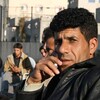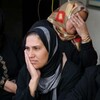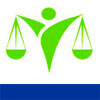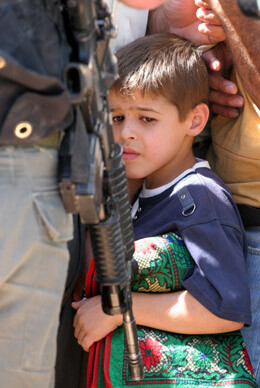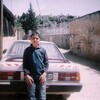
The plight of Palestinian child prisoners
5 December 2006
Palestinian Layth Ghalib Bedwan, 14, was arrested and detained by the Israeli authorities on 28 August 2006. Since then, his family has waited anxiously for him to return home. “His mother is crying all the time. I contacted all the children’s rights organisations in the hope that they can do something to accelerate the release of my son, but all my efforts were in vain,” said Ghalib Bedwan, 36, Layth’s father. On 9 September, an Israeli military court accused Layth of throwing stones at Israeli soldiers, sentencing him to three months in prison, and imposing a US $400 fine on him. Read more about The plight of Palestinian child prisoners

